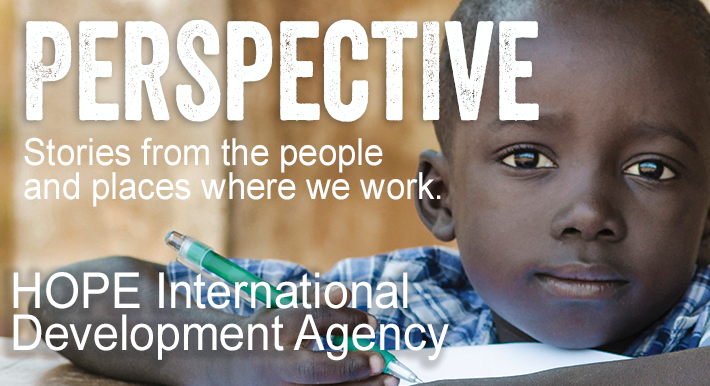The
long-term effectiveness of foreign aid – government or non-government - is
often questioned; and rightly so given what’s at stake for the people on the
receiving end of massive amounts of good intention and resources. Foreign aid
can enable positive transformation among beneficiaries and it can disable it as
well. It’s all in how the work is done.
When disaster strikes or when people become aware of a
crisis facing the world’s poorest families everyone responds differently; but
without a doubt, everyone is moved by the situation.
For some, their initial instinct is to get their hands
dirty – to hop on a plane and do something. A laudable idea
for sure, but in many cases, our need to help exceeds their need to be helped
and we’re not needed, at least in a hands-on sense. For others, being generous
with their resources is seen as the most appropriate solution.
In both cases, the long-term effectiveness of help is
for the most part nearly always dependent on how the aid is applied to any
given situation. In reality, beneficiaries of people’s generosity are capable
of doing the work and for that matter, desperately want to do the work. They
are the best solution to what they’re facing at any given time; they just need
an opportunity to get started – something we can do through our support.
Take, for example, a village in Cambodia whose
children need access to an education. Neither the families nor the village have
the funds needed to build the facility that will give their children an
opportunity to learn their way out of poverty.
The families have access to the knowledge and skills
needed to build a school; they simply lack the financial resources to make it
happen. We are the guests on their journey out of poverty – they are in the
driver’s seat.
So can foreign aid, more precisely the help that you
provide, be effective from a beneficiary’s perspective? Absolutely.
The success lies in how it’s done as much as what is done.
Our role is to raise awareness of the challenges
facing the world’s poorest families as well as their capability to solve their
own challenges by primarily providing funds, and where needed, transferring
knowledge, either from us, from other individuals, or from village to village.
That’s why we focus on investing in building the
capacity of the beneficiaries at all levels. Their insight into the
challenges facing impoverished families in their country or region far exceeds
ours. Their solutions are community-based, grass roots solutions that enable
families to create their own sustainability.
Our role is to help people
bring themselves out of poverty by providing the necessary resources
they need. Our experience, over 38 years of helping the world’s poorest
families, is that help is effective when it enables people to create their own
solutions.

